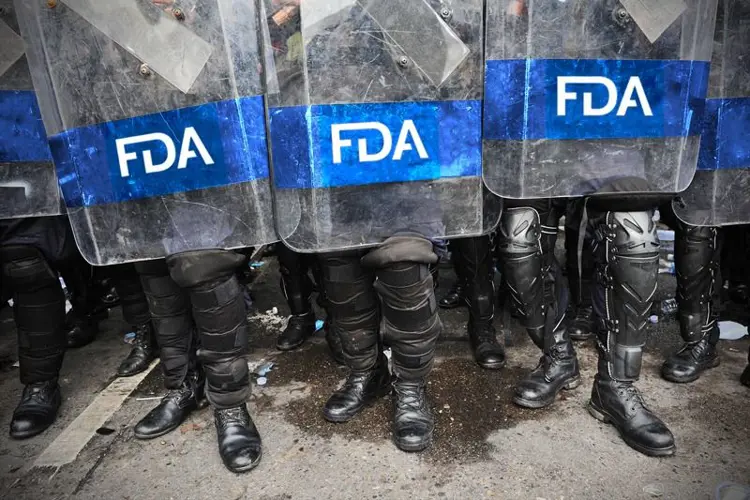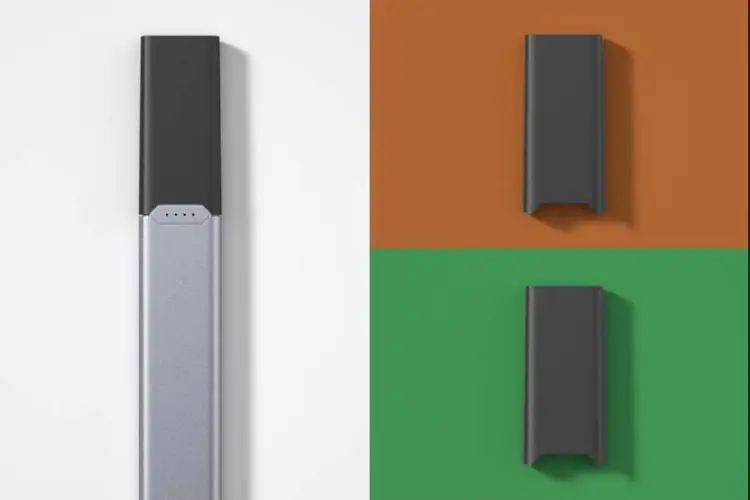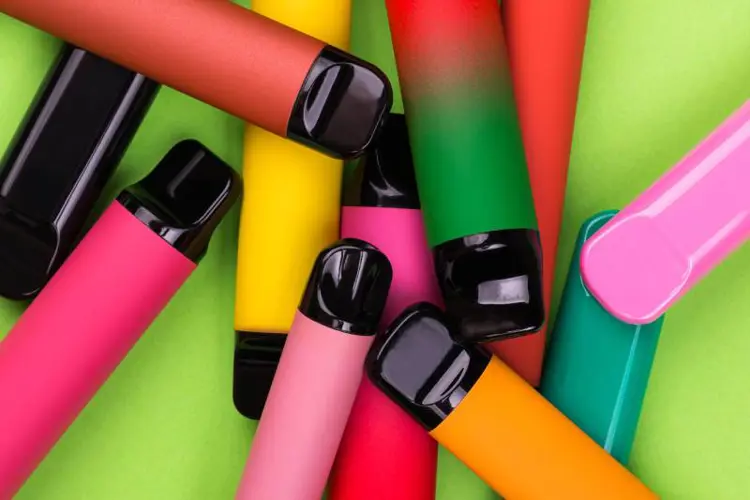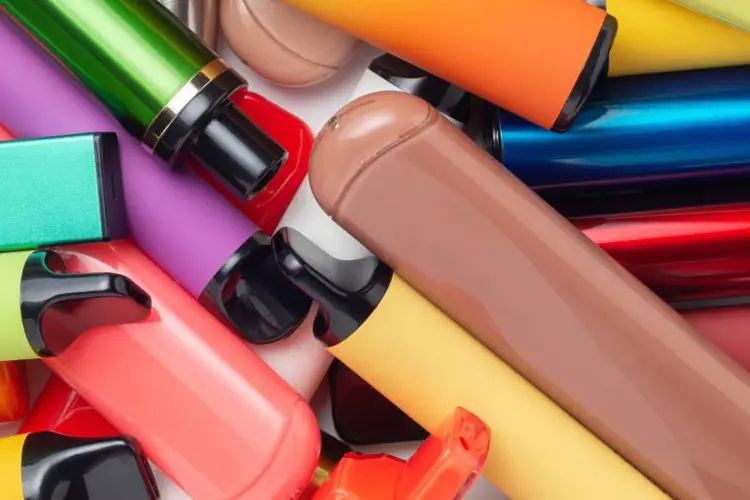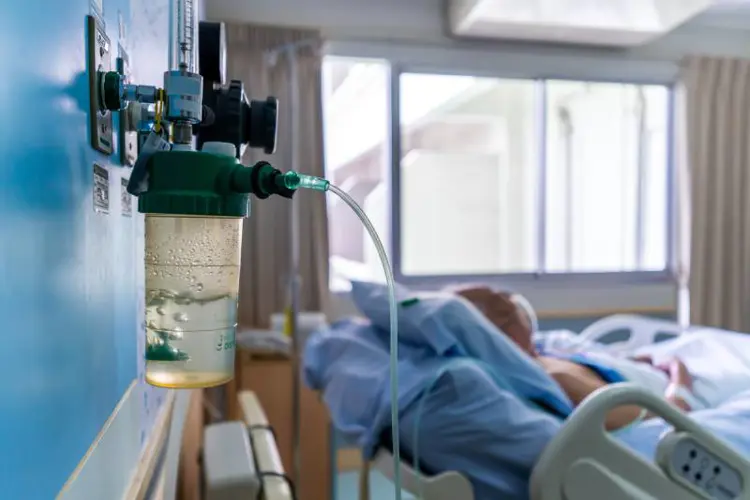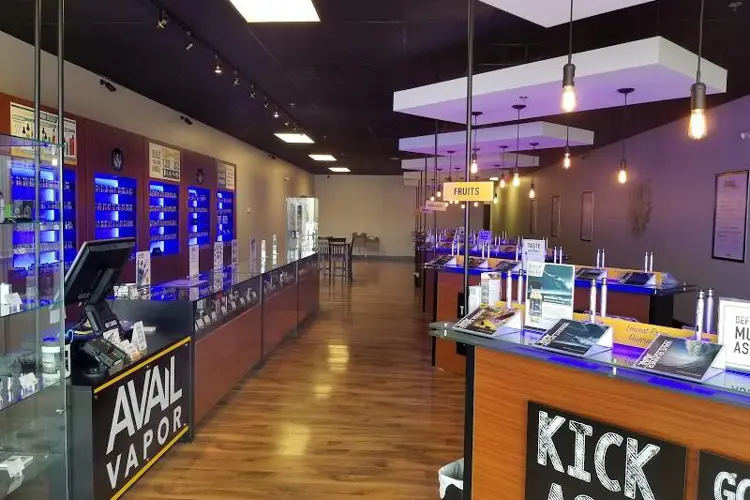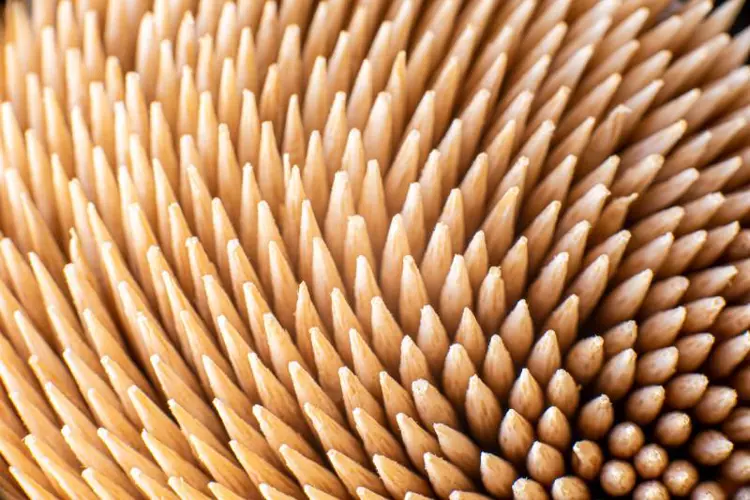American e-cigarette manufacturer NJOY LLC could be sold soon, according to the Wall Street Journal. The NJOY brand has a long history as a leader in the U.S. vaping market.
NJOY has hired bankers to advise it on possible deals. According to the Journal, the company could be valued as high as $5 billion—higher than the current valuation of Juul Labs, which has about 10 times greater market share than NJOY.
Potential buyers would likely come from the ranks of major tobacco companies, including Imperial Brands, Philip Morris International, Japan Tobacco, and possibly even Altria. British American Tobacco could also be a buyer if its popular Vuse Alto device doesn’t receive FDA authorization.
Another possibility is that privately owned NJOY could raise money itself for expansion. The company would be more attractive to investors with FDA-authorized products on the market. NJOY could also launch an initial public offering (IPO) and become a publicly traded company.
FDA authorization increases NJOY’s value
NJOY’s high potential value comes from the company’s position as the only mass-market vape manufacturer with a modern pod-based vape authorized for U.S. sale by the FDA. The agency authorized the NJOY Ace in late April, granting NJOY the right to market the device and its tobacco-flavored refill pods.
NJOY has about three percent market share in the convenience store/gas station segment of the vaping market.
The FDA has also authorized NJOY to market its disposable, cigalike-style vape the NJOY Daily. It is the only disposable vaping device so far to pass muster with the agency.
The NJOY Ace currently has very small market share compared to its major competitors made by Juul Labs and RJ Reynolds (Vuse). But neither of those companies has a popular pod-based product with FDA approval, and Juul is facing imminent removal from the market by the FDA.
NJOY competitors all face major challenges
The FDA issued a Marketing Denial Order (MDO) to Juul Labs in late June, ordering the company to remove its JUUL device from the market. When Juul got a temporary stay of the order in federal court, the FDA backed down and issued a stay of its own order, promising to re-review Juul’s marketing application.
American tobacco giant Altria Group owns a non-controlling 35 percent share of Juul Labs, which it bought in 2018 at the wildly high price of $12.8 billion. Before the purchase, Altria had shut down its existing vapor brands MarkTen and Green Smoke, and as part of the deal agreed not to compete with Juul in the vaping market. (However, there is a possible out for Altria: if Juul’s valuation falls below a certain level, Altria would be allowed to reenter the market.)
Manufacturer Fontem US (owned by Imperial Brands) also received an MDO for its pod-based device the myblu. Fontem is challenging the FDA denial in federal court, but could also see purchasing NJOY as a more reliable way to keep a presence in the U.S. market.
Two vaping devices made by Logic (owned by Japan Tobacco International) have been authorized by the FDA, but neither is a high-strength pod-style product. That could make NJOY a target for Logic and JTI.
The mass-market vape with the greatest current market share is the Vuse Alto, made by Reynolds American (RAI), a division of British American Tobacco. The FDA has not yet made a marketing decision on the Alto. However, the agency has authorized three less popular Vuse devices: the cigalike-style Vuse Solo, and the cartridge-based Vuse Vibe and Ciro products.
The fewer products that are authorized by the FDA, the higher NJOY’s potential value grows. For a company considering an entry into the convenience store vaping market, buying a product already authorized by the FDA is clearly the best choice. For existing players, buying NJOY would also take a likely competitor off the field (although one company owning multiple major brands would likely face antitrust challenges).
NJOY’s history: a vaping pioneer
NJOY, Inc., founded by Arizona attorney Mark Weiss, was a pioneer in the U.S. vaping industry, selling first-generation e-cigarettes as early as 2007. When the FDA began seizing shipments (from multiple companies) in 2009, claiming the products were unapproved drugs/delivery systems, NJOY (then called Sottera) sued the agency in federal court and won, keeping the infant industry alive.
NJOY, Inc. filed for bankruptcy in 2016. The restructured company NJOY LLC emerged, majority-owned by hedge fund Mudrick Capital Management, which has operated NJOY since.
The Freemax REXA PRO and REXA SMART are highly advanced pod vapes, offering seemingly endless features, beautiful touchscreens, and new DUOMAX pods.
The OXVA XLIM Pro 2 DNA is powered by a custom-made Evolv DNA chipset, offering a Replay function and dry hit protection. Read our review to find out more.
The SKE Bar is a 2 mL replaceable pod vape with a 500 mAh battery, a 1.2-ohm mesh coil, and 35 flavors to choose from in 2% nicotine.
Because of declining cigarette sales, state governments in the U.S. and countries around the world are looking to vapor products as a new source of tax revenue.
The legal age to buy e-cigarettes and other vaping products varies around the world. The United States recently changed the legal minimum sales age to 21.
A list of vaping product flavor bans and online sales bans in the United States, and sales and possession bans in other countries.







